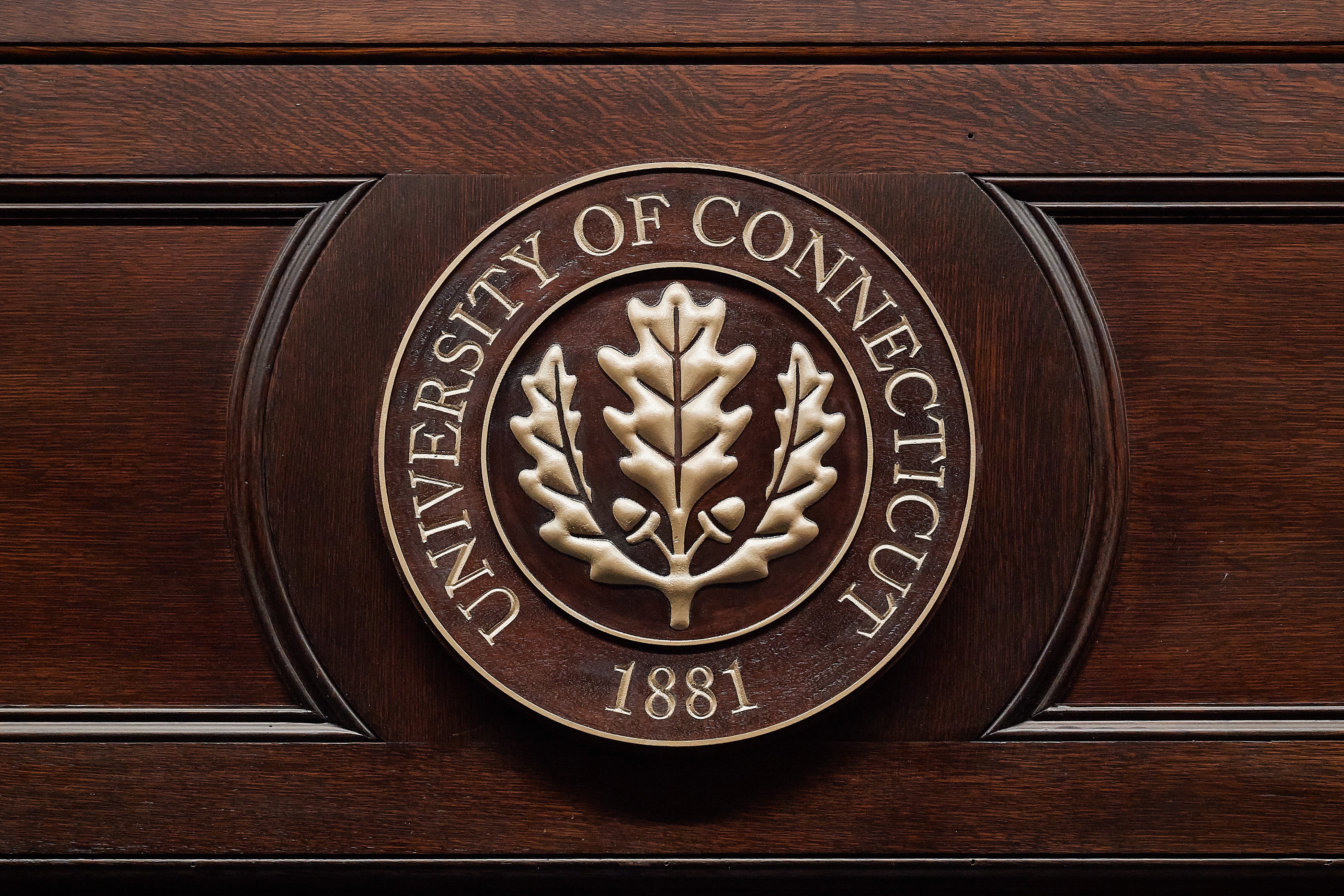The following message was sent via email to all UConn students, faculty, and staff:
To the UConn Community:
This message outlines UConn’s overall approach to COVID-19 testing in advance of the beginning of the fall semester and reentry. Additional messages to specific populations will follow, offering more detailed information and/or instructions.
Our approach to testing for our community is straightforward: if a student or employee is coming to our campuses because they have to be there, they should be tested. This includes faculty, staff, and commuter students on every campus, both graduate and undergraduate. There is not a “once-size-fits all” approach to accomplishing this, so the university will utilize different avenues and strategies.
We will not be testing faculty, staff, and students who are not coming to campus this fall. This includes students who are online only and not living in a residence hall, faculty who are teaching only online courses, and staff who are telecommuting, which is a substantial segment of our population.
Residential Students
As you already know, all residential UConn students will be returning to our campuses approximately two weeks before the first day of classes to be tested and quarantined on campus. This is the segment of our population that is largely self-contained on campus, while others arrive and depart on a regular basis. We are arranging for testing of our residential students during check-in.
Commuter Students Coming to Campus
Testing will be addressed for commuter students registered for in-person instruction, both graduate and undergraduate, in several ways. First, these students are encouraged to submit proof of a negative test result obtained within 14 days of the start of the fall semester (Aug 31). For those students who do not obtain a test on their own, the University will provide testing. The University is currently exploring several options for testing and specific information on these testing options will be available on the SHaW website by August 1.
Commuter students arriving to Connecticut from states under the regional travel advisory are advised to obtain a negative test result within the time frame indicated by the governor and the commissioner of the Connecticut Department of Public Health, followed by a 14-day self-quarantine period which must be completed before coming to campus and attending in person classes. More information can be found here.
Faculty and Staff Coming to Campus
Faculty and staff who will be on one of our campuses this fall will have PCR testing made available at reentry at no cost to them through our partnership with UConn Health. Availability will be as early as August 4 through August 21 on-site at Storrs, Stamford (one day only) and Avery Point (one day only) for eligible employees at these locations. Eligible employees at UConn’s Waterbury and Hartford campuses will be provided access to UConn Health’s Farmington drive-through location.
Faculty and staff eligible for testing and approved to return to campus and who are returning from out of the state for the start of the fall semester should incorporate the potential for a 14-day quarantine period into their travel plans. Please refer to further guidance already on the HR website for more details and a required domestic travel registry.
More information is forthcoming from HR shortly in messages to UConn Storrs and regional campus communities in the next few days. Additional communications will be made by July 28 to those for whom testing will be made available.
Testing is only one aspect of a successful effort to prevent the spread of the virus. The other, which is just as critical, requires every one of us to follow the guidelines mandated by the University for every individual who will be working and/or living on our campuses. This includes wearing a mask at all times, maintaining a distance from all others of at least six feet (other than those students living as a unit), frequent hand-washing or sanitizing, following signage posted in buildings and elsewhere, and not taking any unnecessary and easily avoidable risks. Following these precautions will help keep everyone on our campuses healthy.



